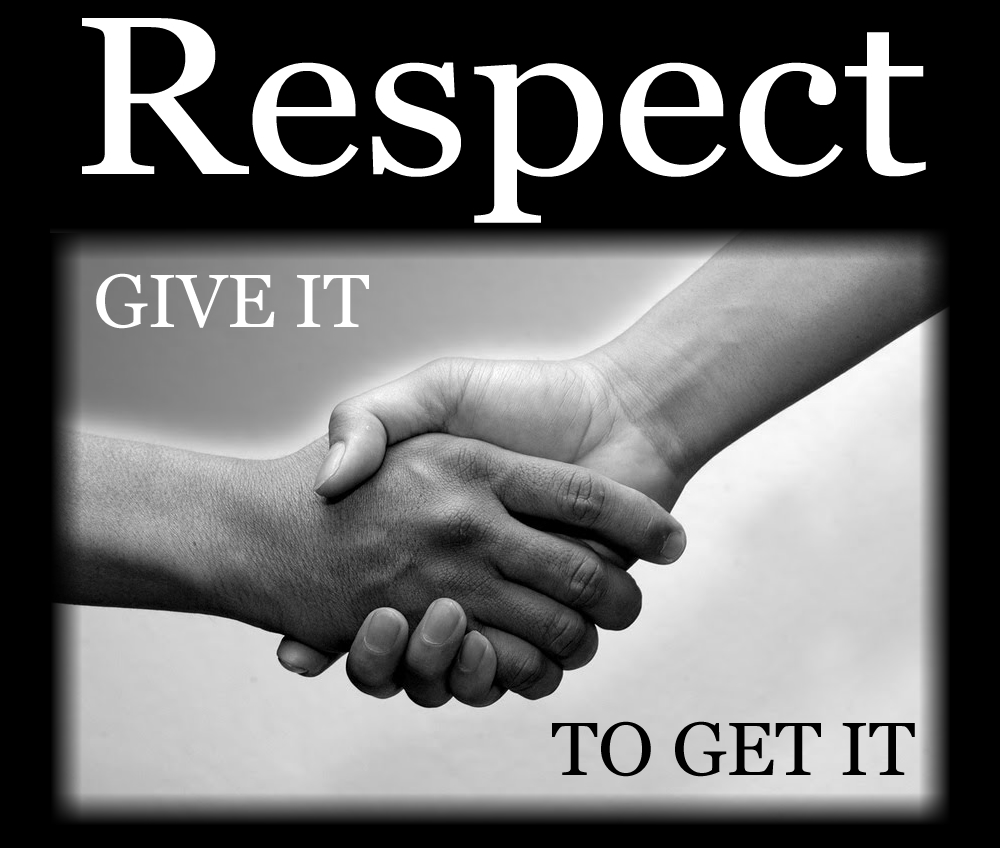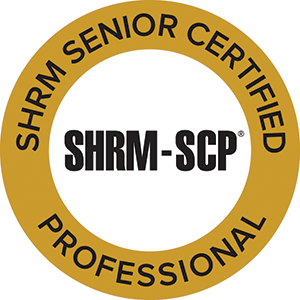One of the frustrations I’ve heard from hiring managers is the increased number of incidents of candidate “ghosting,” that is, not showing up for interviews, not returning calls, and not responding in a timely manner to a verbal or even a written offer. In some cases, accepting offers and then never showing up for their first day on the job.
Job seekers: common courtesy never goes out of style, even in a market when job seekers have the upper hand.
I’ve learned over my many years in HR that this is a very small valley. Recruiters talk. Hiring managers talk. Colleagues talk. Don’t burn employment bridges.
One recruiter shared with me that she had called to remind the candidate about the interview the day before the appointed time. He said he would be there. She called again two hours before the interview. Again, he confirmed. The interview time came and went. The candidate didn’t show. Not only that, he did not call or even send an email to explain or to apologize.
Skipping an interview, not responding to phone calls and emails, and not following up are just plain rude.
As I said in my last article, BE HONEST. If you are close to the offer stage with another company, let the hiring manager know. If you decide you don’t want to interview with a company – let them know before your scheduled interview (ideally 24 hours before the interview).
Another recruiter shared a positive story with me about a candidate who, a couple of days before the interview, called to say she’d thought about the position and realized that it didn’t align with what she really wanted to do. She politely thanked the recruiter for the opportunity. This advance notice saved everyone time and effort and left the recruiter with a positive impression of the candidate.
After an interview, always, always send a thank you note to the hiring manager, HR and anyone else you spoke to. Written thank you notes are ideal, but email is also acceptable. Just send one.
And while we’re on this topic, I’ve also heard from job seekers I’ve worked with that they’ve gotten far into the hiring process – several interviews, indication that they were one of the top two candidates for the role…and then nothing.
Courtesy works both ways. When you, as a hiring manager or recruiter, make a selection from the final few, you need to inform those who were not selected. Yes, it’s hard to let someone down, but it is much better than leaving them hanging. You don’t have to go into details. Thank them for their interest and their time and wish them the best in their search. Again, this is a small valley and bad hiring process experiences very often end up on Glassdoor.
Be courteous!










